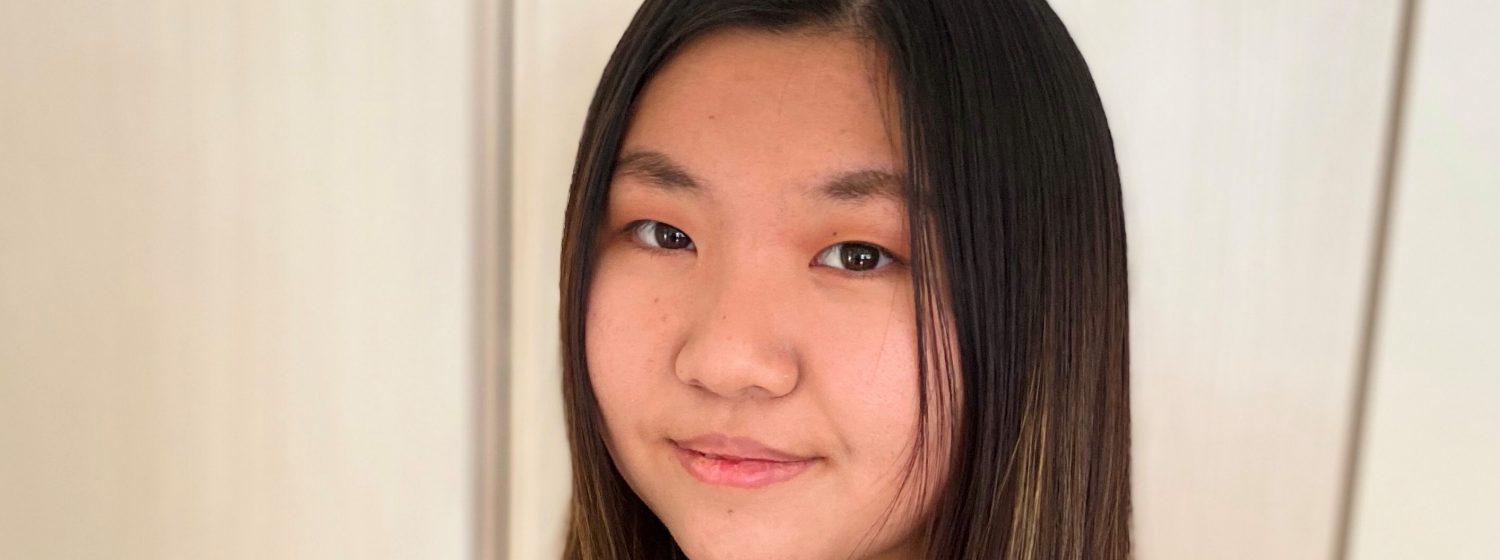

Coronavirus in Africa – what are the risks and what is AHO doing
Written by Sophie Maho Chan – Speechwriter
Approved by Graciano Masauso – President
While Africa has not yet seen the level of crisis as Europe and North America have, coronavirus cases and deaths have been rising exponentially across the continent. Following the virus’ arrival in Egypt on February 14th, every country on the continent, with the exception of Comoros and Lesotho, has reported cases. On the 17th of April, Africa’s coronavirus death toll topped 1,000, and in less than 24 hours confirmed cases reached 20,000. Countries with the highest number of patients include South Africa, Egypt, Morocco and Algeria.
With the majority of the media attention surrounding the West, there has not been as much research and coverage of the situation in Africa. However, according to a model-based study published by Imperial College London just last week, Africa could see 300,000 deaths from COVID-19 this year even under ‘the best scenario’. More alarmingly, in their most recent report, the United Nations Economic Commission for Africa warns that under ‘the worst-case scenario’ Africa may lose up to 3.3 million lives and face 1.2 billion infections. Indeed, experts assert that Africa ‘will not be spared’ from this crisis, and may even become the next hotspot for the pandemic.
So the question is, can Africa cope? What are some of the current measures put in place to tackle COVID-19, especially by AHO?
First of all, AHO is constantly monitoring the situation and updating the website with information regarding the coronavirus. From basic information of what the virus is to symptoms to watch out for, the organisation is dedicated to supplying reliable, accurate information during the outbreak. The Q&A style of the coverage addresses some of the most frequently asked questions about coronavirus, including “Can I catch COVID-19 from the faeces of someone with the disease?” and “Who is at risk of developing severe illnesses?”. There are also detailed guidelines of protective measures people can practice in daily lives. Through informing, AHO hopes to combat the misinformation circulating through Africa as well as the rest of the world.
In addition, AHO has published a visual guide for the COVID-19 outbreak. The guide, which can be accessed on the website, gives a comprehensive overview using graphs and charts to explain how the virus has spread in China over time. Through such models and case-studies, AHO hopes to supply information that is grounded in thorough research and data. There are also examples of how to reduce risks of infection through proper sanitary practices as well as a comparison of different masks.
Furthermore, an interview with Graciano Masauso—the President, Founder, Director and CEO of AHO—has also been published; this again gives comprehensive and easily accessible answers to some pressing questions about the outbreak, backed up by statistics and data. Seven infographics have also been published. Topics include how to create an emergency home kit to prepare for the outbreak, how to wash hands properly and best personal protective gears for EMS providers. Using illustrations and symbols, the information is easily accessible.
Finally, AHO continues to advise staff to implement enhanced infection protection and control measures, in particular to those in emergency departments; it is important to prevent cross-infections and limit contact between patients as well as staff. Additionally, AHO advises people to follow containment and isolation protocols.
In terms of some measures outside of AHO, in March, the Africa Centres for Disease Control and Prevention (CDC) released a comprehensive strategy for the outbreak, which is praised for its emphasis on continent-wide cooperation and solidarity. Advanced considerations of surveillance, testings and media engagement were displayed, demonstrating the continents’ will to define its own development and apply lessons learnt from the Ebola outbreak. Currently, the Africa CDC is also working to establish a COVID-19 response fund and roll out greater quantities of testing kits. Individual governments have also been taking action. For example, in Uganda, the government is assisting businesses by rescheduling social security contributions, while in Namibia, the government is offering emergency income grants to counter job losses. In Egypt, taxes have been cut and energy prices have been reduced for industrial users to alleviate the financial burden of COVID-19.
However, it should be noted that despite efforts, Africa will not be able to escape the inevitable global recession. Countries are already facing an economic halt. The price of oil accounting for 40% of Africa’s export has halved in value and other significant exports like textiles and cut flowers have crashed. With global travel restrictions and an understandable decline in the airline industry, tourism—accounting for 38% of the GDP of some African countries—has suffered enormously; it will take months and possibly even years to restore tourism to pre-pandemic levels. There are worries that such impacts will reverse Africa’s economic growth in recent times.
Furthermore, the political and social determinants, and therefore risks, must be noted. While governments in the West and in Asia have been imposing social distancing measures and enforced lockdowns, such strategy will not work in a continent where 56% of its urban population is concentrated in slums and many are living off of the informal sector. Similarly, while soap, hand sanitizers and toilet paper have been in high demand across the world, such materials are a luxury to many to Africans, especially as only 34% of the households reportedly have access to basic handwashing facilities. From claims that the hot weather can kill the virus to that eating ginger and garlic can protect people, misinformation is also already spreading through countries like Nigeria. Finally, with millions of people living with AIDS and Tuberculosis, many are highly vulnerable and high death rates can be expected. African governments cannot be simply expected to follow the footsteps of others.
But because of such situations, AHO is more committed than ever to continuously monitor and update the COVID-19 situation in Africa, informing both people in the continent as well as the rest of the world of the local situations. With much of the media attention being focused on the West, the organisation understands the importance of spreading specific information accounting for the unique social, cultural, political and environmental determinants of the African landscape.

